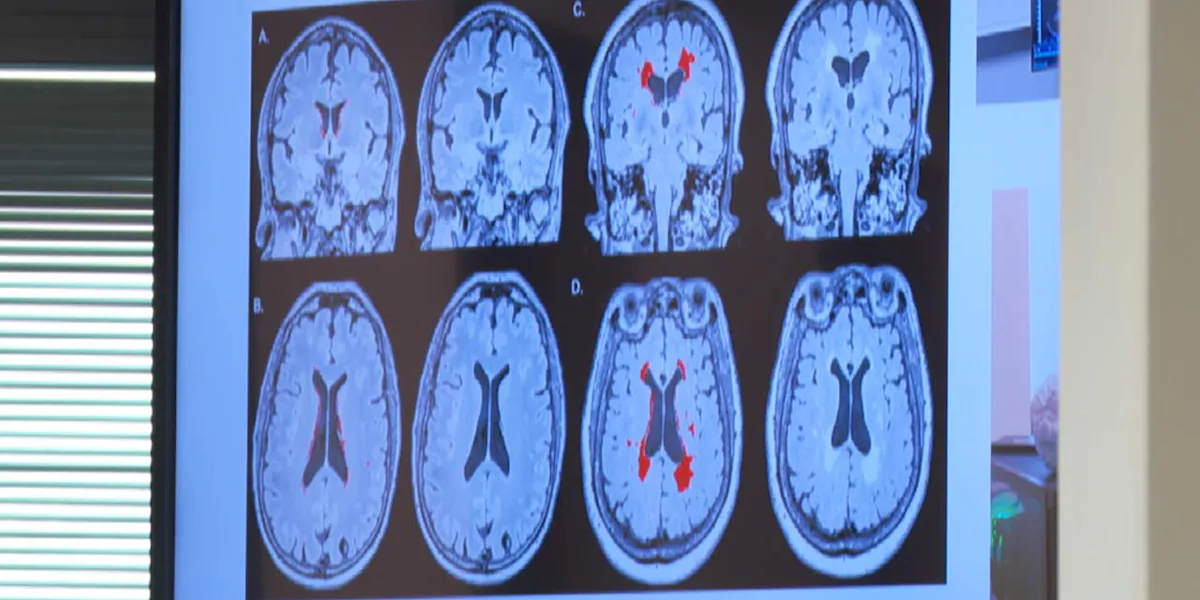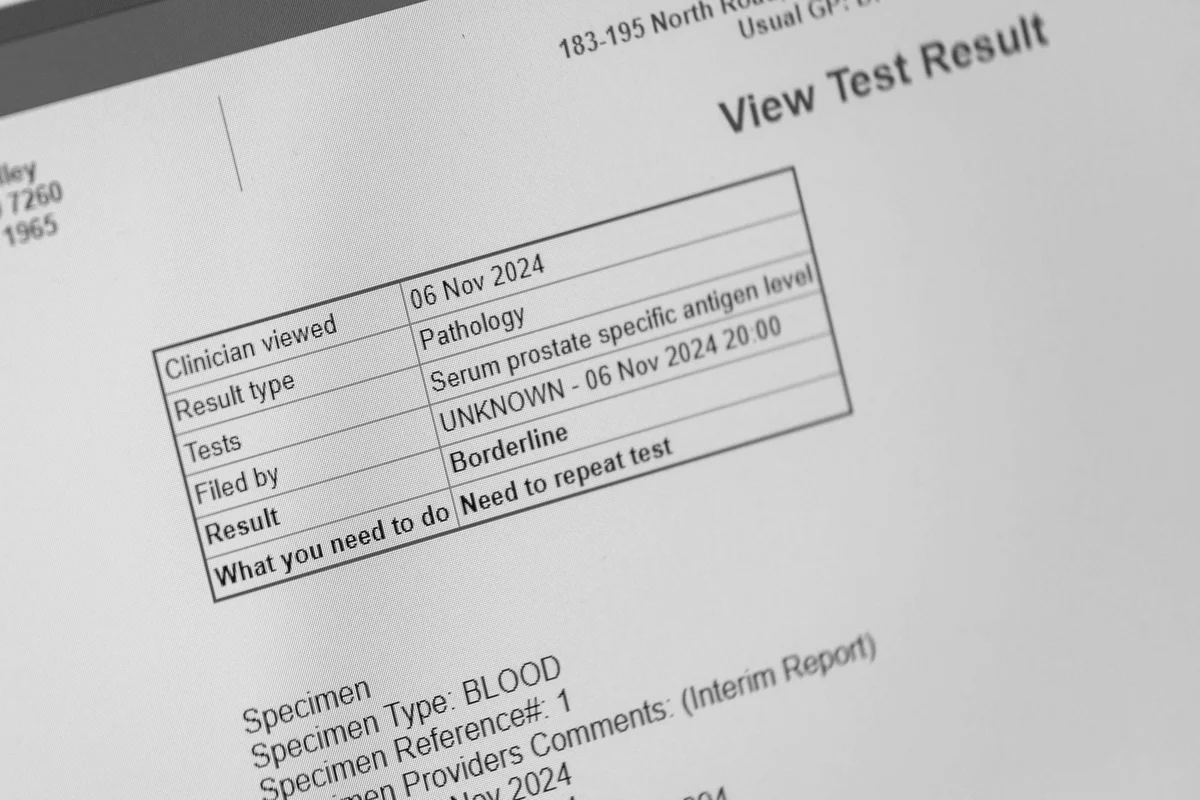
COLUMBIA, S.C. (WCSC) – Experts warn South Carolina is experiencing “crisis levels” of dementia: An estimated one in 10 South Carolinians over 65 is living with Alzheimer’s, and the state’s mortality rate is eighth highest in the nation.
Yet doctors, researchers, and advocates have new hope for advances and improvements in the fight against the devastating disease.
Two years ago, the General Assembly allocated $10 million in the state budget to establish South Carolina’s first Alzheimer’s Disease Research Center.
Now, it is funding some of the most innovative dementia research in South Carolina in decades, according to Taylor Wilson with the Alzheimer’s Association’s South Carolina chapter.
“We have seen more outreach to communities, more education to workforce, early detection and diagnosis of mild cognitive impairments in the earliest stages of the disease, and incredible biomarker research,” Wilson said.
The South Carolina ADRC is a collaboration between the University of South Carolina, the Medical University of South Carolina and Clemson University.
Its leaders provided an update on their work on Tuesday to the Senate Finance Health and Human Services Subcommittee.
They told lawmakers they are identifying hotspot counties for dementia in South Carolina, seeing how prevalent types of dementia differ from one place to another, and determining how much of a diagnosis is related to genetics versus environment.
They are also working to get more rural South Carolinians into clinical trials and trying to figure out why veterans are at a higher risk for developing cognitive impairment.
“The veterans deserve our special attention to find out what’s going on with them,” South Carolina ADRC Director Steve Carroll, with MUSC, said.
A big challenge facing South Carolina is a shortage of neurologists.
Carroll said one of their efforts is focused on empowering and educating primary care physicians on how they can help patients navigating Alzheimer’s and other dementias.
“A large part of their practice is taking care of people with dementia. No, they don’t know what the current treatments are that would be good for these diseases. No, they don’t know where to refer them. They’re stuck. It is up to us to be helping them out,” he said.
The researchers have been working for a few years to achieve a federal designation that would be the first of its kind in South Carolina.
They said it would open more doors for research and clinical trials and that receiving more funding support from the state would go a long way toward that effort.



